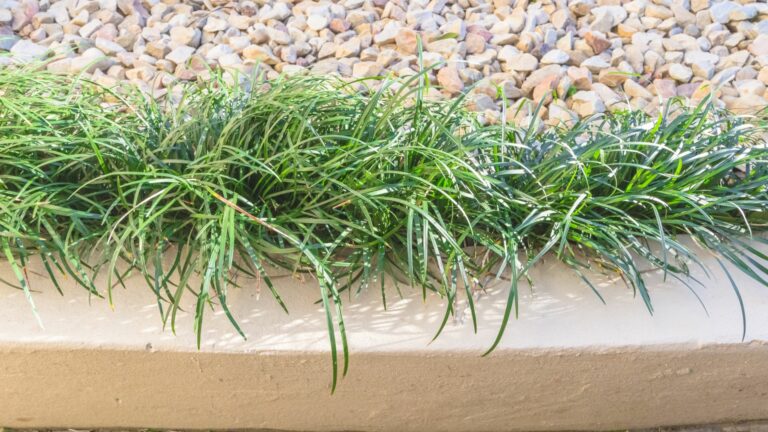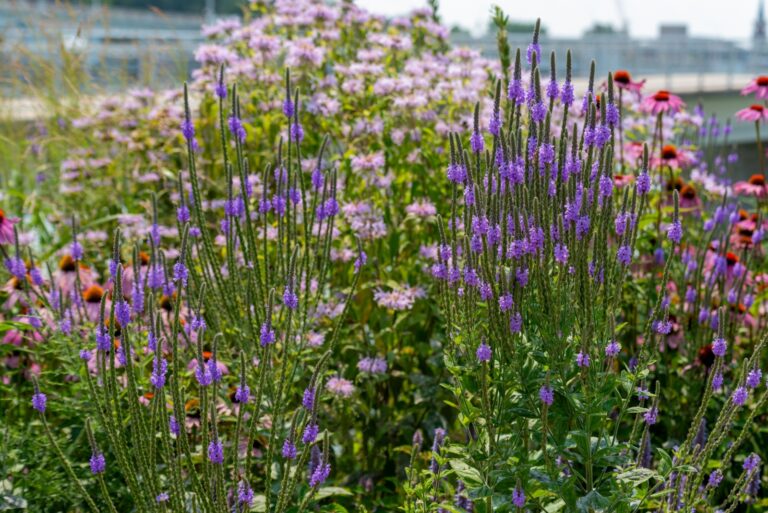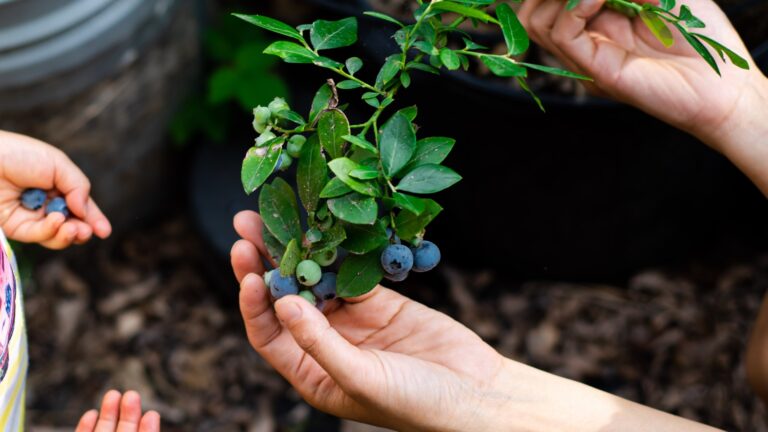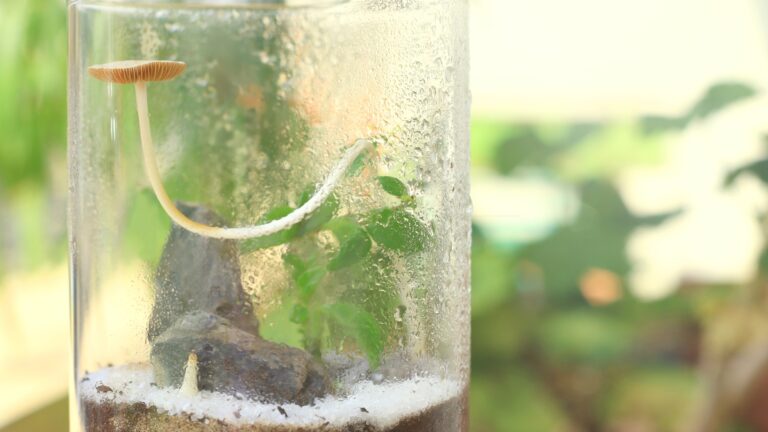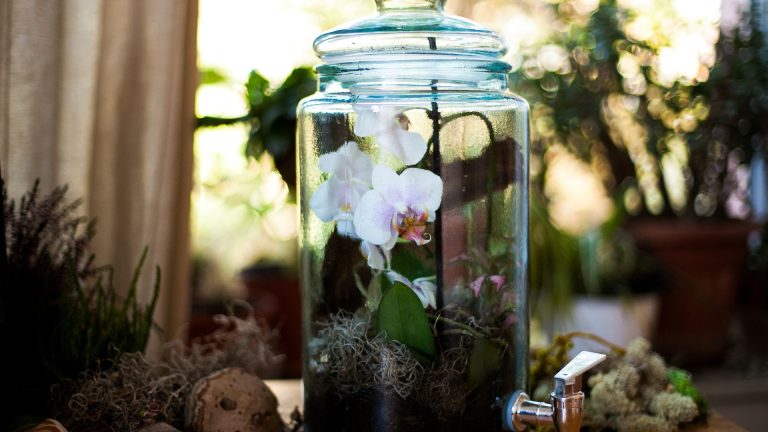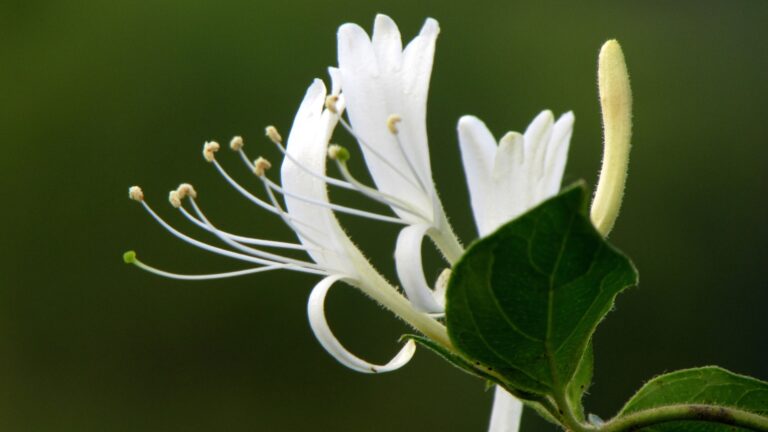7 Reasons Georgia Gardeners Spray Patios And Paths With Vinegar Until November
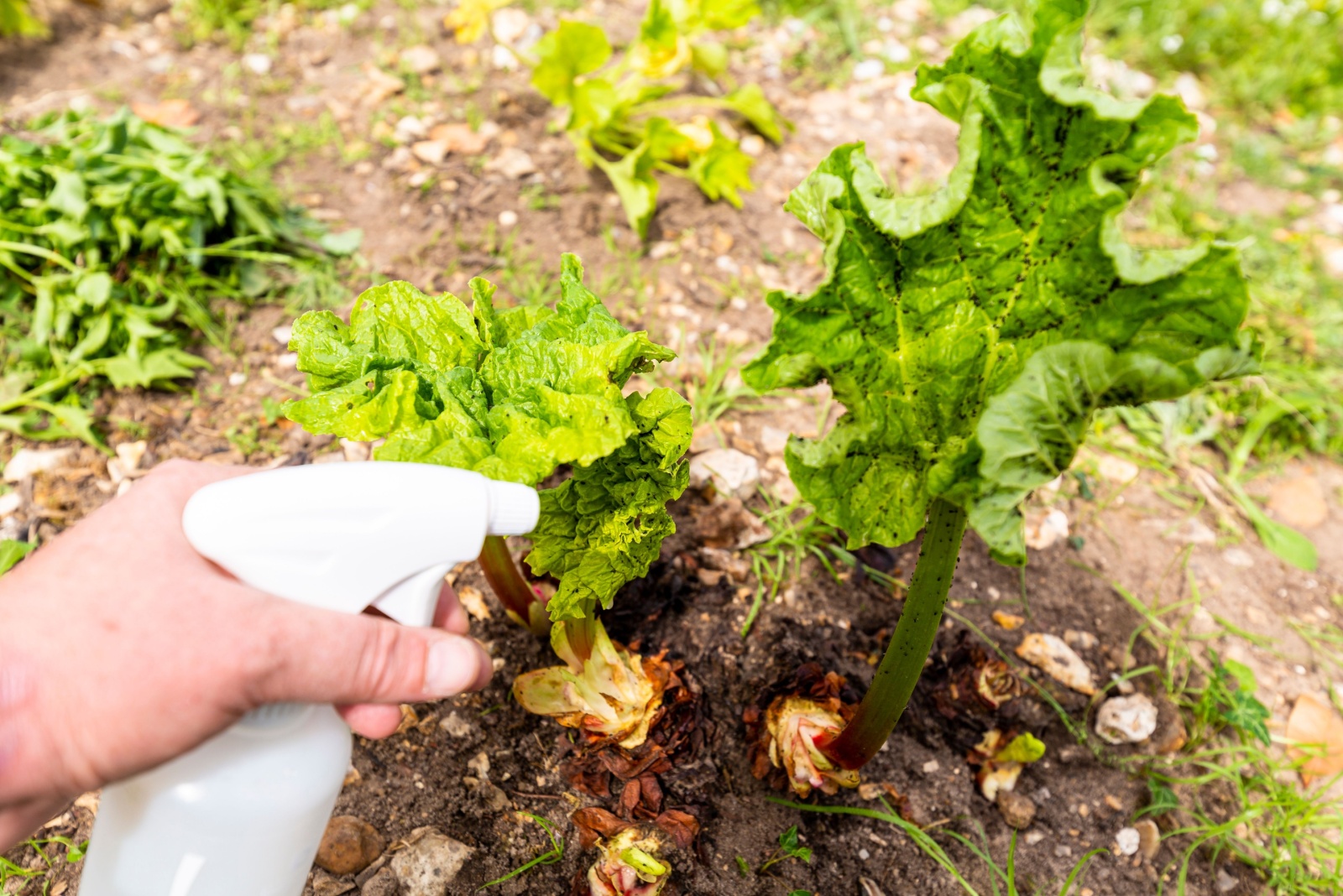
When autumn leaves begin to fall across Georgia, savvy gardeners reach for a surprising household item – plain white vinegar. This natural solution helps maintain outdoor spaces without harsh chemicals that might harm plants or pets.
Vinegar becomes especially useful during Georgia’s extended growing season, offering a simple fix for common patio and pathway problems right through November.
1. Keeping Weeds From Cracking Through Paths
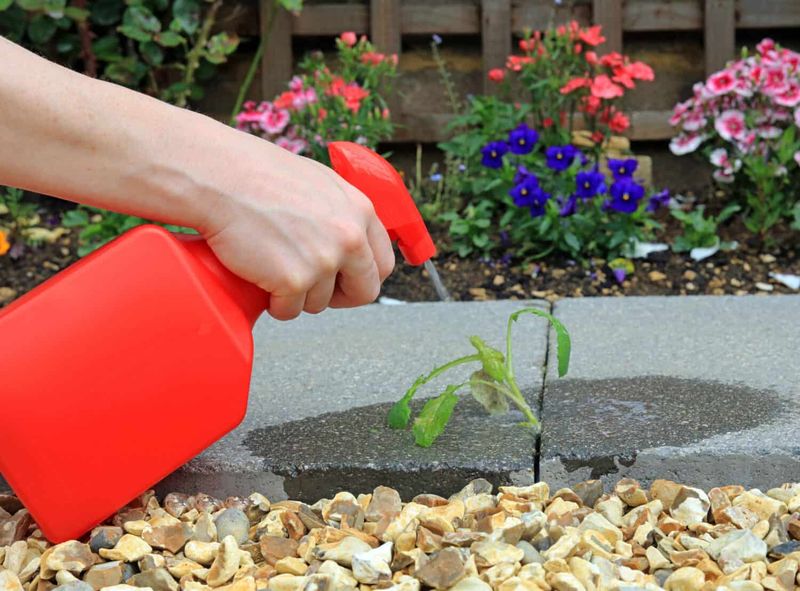
Vinegar’s acetic acid zaps unwanted plants trying to push through stone or concrete paths. I’ve found a simple 5% white vinegar solution works wonders when applied during sunny days when temperatures still reach the 70s in Georgia’s fall months.
My neighbor’s walkway stayed completely clear after just two applications in September. The key is consistency – treat areas every 2-3 weeks until November’s cooler temperatures naturally slow weed growth.
For stubborn weeds, adding a tablespoon of dish soap helps the vinegar stick better to leaves and stems. Just be careful to avoid spraying desired plants nearby!
2. Protecting Garden Beds Near Patios
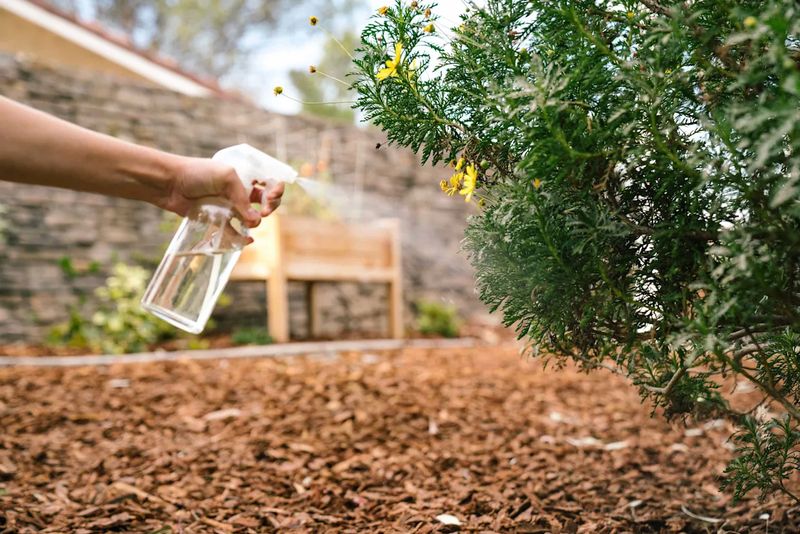
Creating a vinegar barrier along patio edges prevents aggressive plants from invading your outdoor living space. During my years tending gardens in Atlanta, I’ve learned that a monthly vinegar spray creates an invisible boundary that many plants won’t cross.
The technique is straightforward – apply vinegar in a 6-inch strip along the edge where your garden meets the patio. This protective zone stays effective through Georgia’s warm fall months when plants still actively spread.
One bottle of white vinegar treats approximately 300 linear feet, making this an affordable solution for even large properties. Just avoid spraying on windy days to prevent drift onto wanted plants.
3. Safe Alternative To Harsh Chemicals
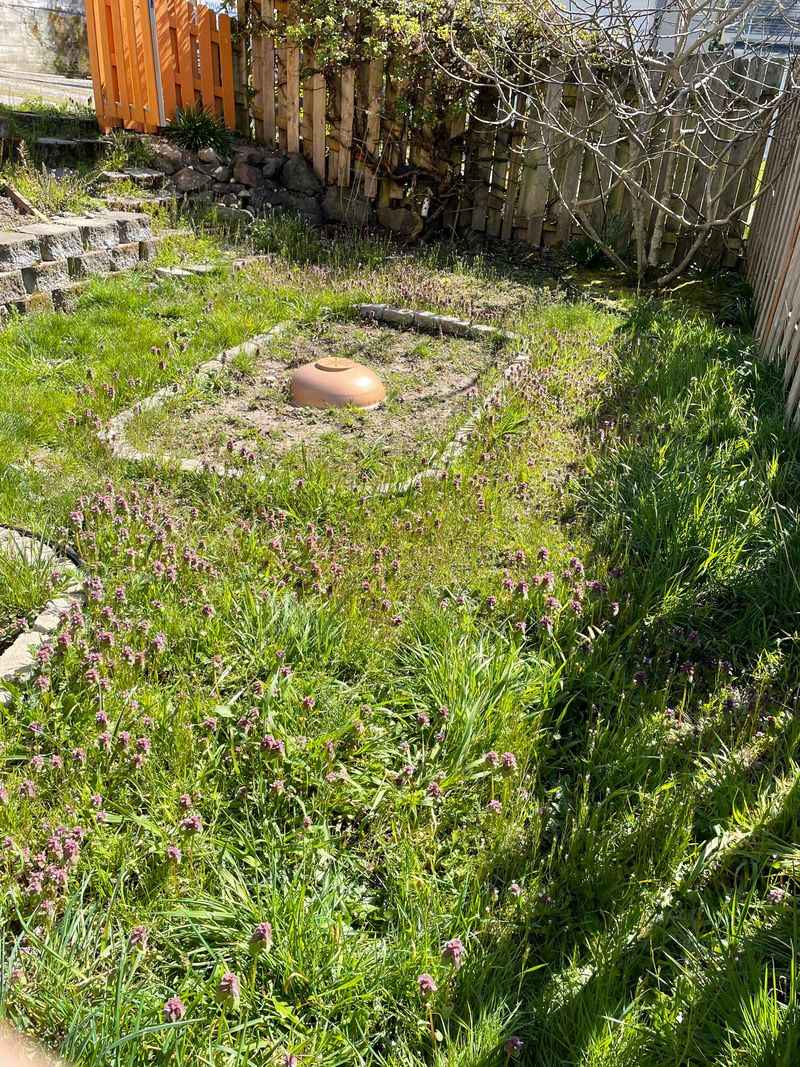
Unlike commercial weed killers containing glyphosate, vinegar breaks down quickly and won’t contaminate Georgia’s waterways. My family switched to vinegar years ago after our dog got sick from walking on chemically-treated paths.
The Environmental Protection Agency doesn’t require warning labels on vinegar because it poses minimal risk to people, pets, and wildlife. Even when it rains – which happens plenty in Georgia’s fall – vinegar dilutes harmlessly into the soil.
Most gardeners I know appreciate how vinegar lets them maintain neat pathways without worrying about grandchildren or pets playing nearby. The smell dissipates completely within hours of application.
4. Helping Herbs Like Basil And Rosemary Thrive Nearby
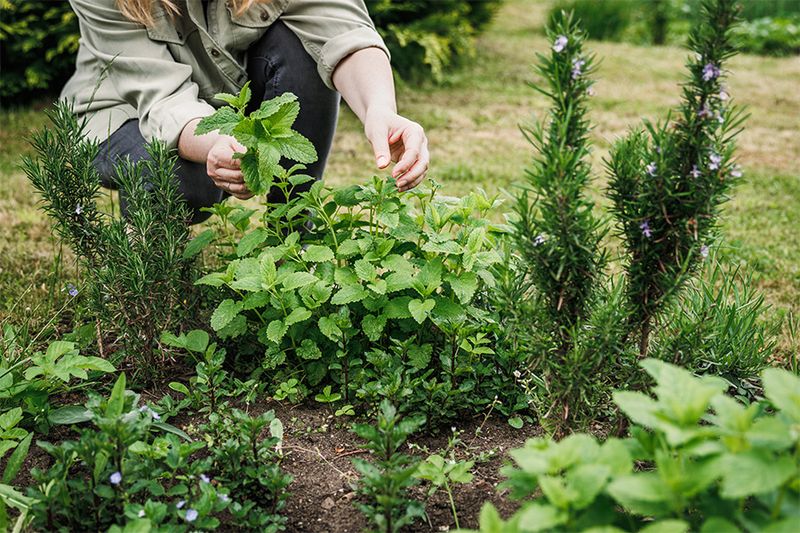
Vinegar creates perfect growing conditions for acid-loving herbs when used strategically near patio containers. After moving to Savannah, I discovered that spraying vinegar on pathways actually improved my container herb garden’s health by preventing alkaline concrete dust from affecting the soil.
Many Georgia gardeners maintain herb harvests into November by using this technique. The vinegar creates a protective zone between the herbs and the alkaline materials that make up most patios and walkways.
Just maintain a 12-inch buffer between spray areas and your herb containers. I’ve successfully grown basil, rosemary, and thyme right next to vinegar-treated paths throughout Georgia’s extended growing season.
5. Controlling Moss On Shady Walkways
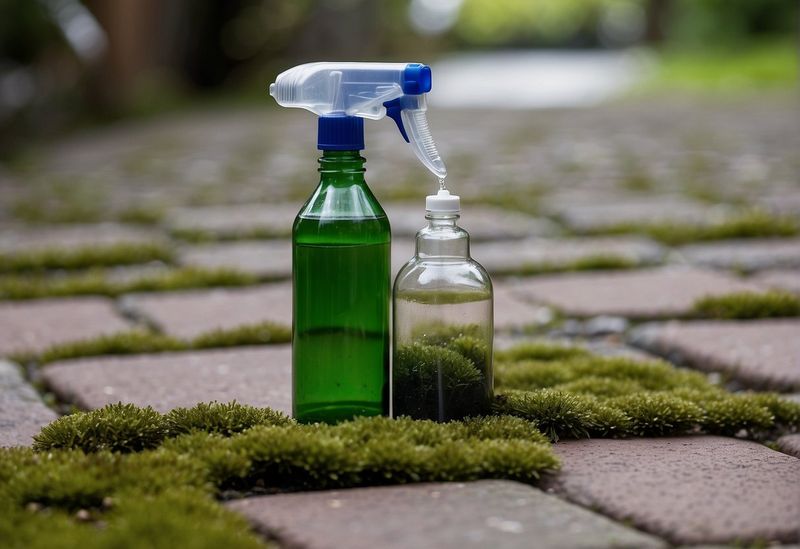
Fall’s increased humidity and shorter days create perfect conditions for slippery moss growth on Georgia’s shaded paths. A quick spray of full-strength vinegar dissolves existing moss patches and prevents new growth for weeks.
My sister’s north-facing walkway in Marietta stayed moss-free all autumn after monthly vinegar treatments. Unlike salt-based solutions, vinegar won’t damage concrete or stone surfaces even with repeated applications.
For maximum effectiveness, apply on dry days when no rain is forecast for at least 24 hours. I’ve found old spray bottles from cleaning products work perfectly for targeted application on tricky spots between stepping stones.
6. Extending Usefulness Into Late Fall In Georgia
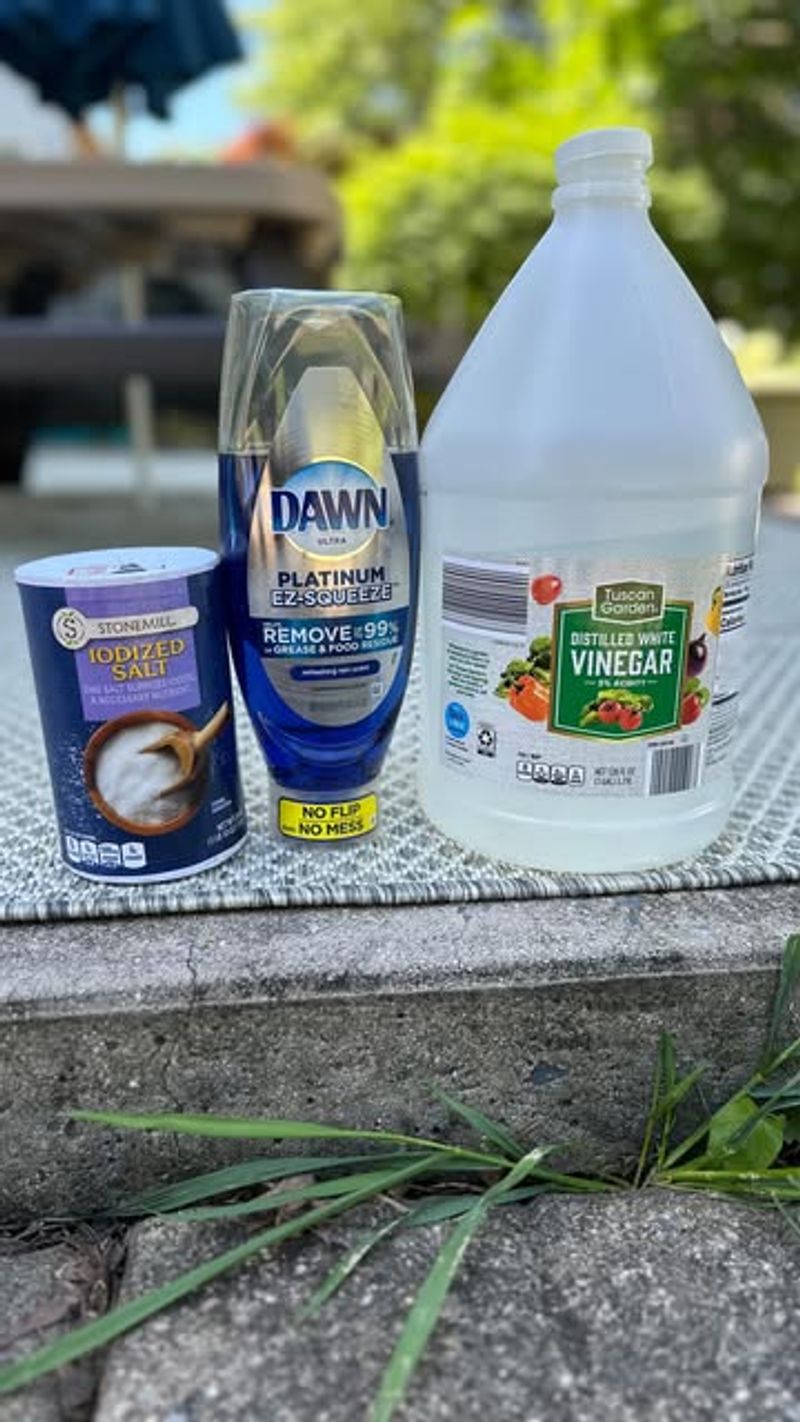
Georgia’s mild climate means outdoor living spaces remain usable well into November, making path maintenance important longer than in northern states. Vinegar’s effectiveness actually increases in fall’s cooler temperatures as plants redirect energy to their roots.
Last year, my Athens patio stayed pristine through Thanksgiving thanks to monthly vinegar applications. The solution penetrates deeper into plant tissues during fall, providing longer-lasting results than summer treatments.
Many garden clubs across Georgia recommend continuing vinegar treatments until nighttime temperatures consistently drop below 40°F. This typically happens in late November for most of the state, making it the natural endpoint for this maintenance routine.
7. Saving Money While Caring For Outdoor Spaces
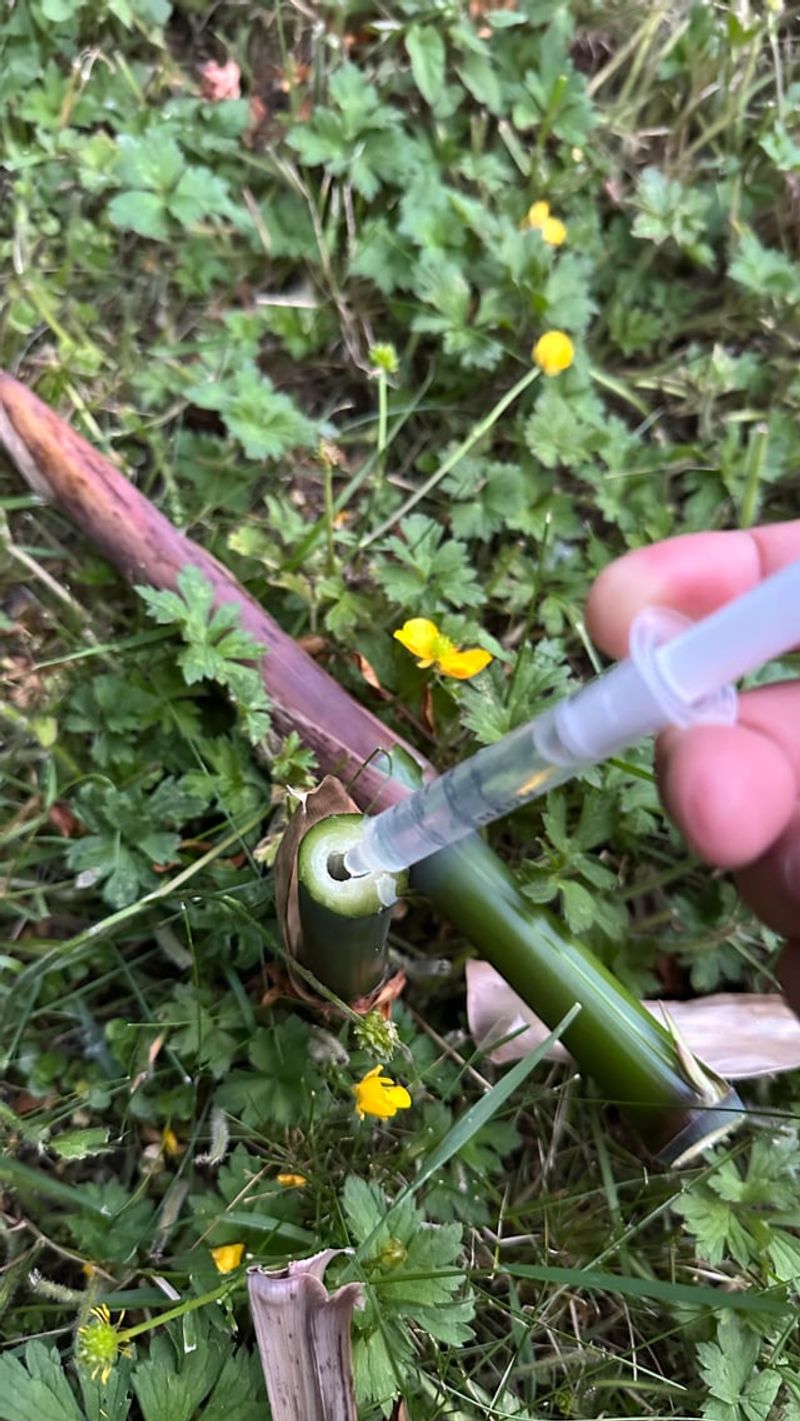
Commercial weed treatments cost three to five times more than vinegar solutions while offering similar results for path maintenance. My neighborhood garden club in Macon calculated savings of nearly $200 annually per household by switching to vinegar.
A gallon of white vinegar treats approximately 1,000 square feet of pathway when diluted properly. The simple solution works just as effectively as products costing much more at garden centers.
The savings add up quickly for Georgia’s larger properties with extensive pathways and patios. Even better, vinegar is always available at any grocery store, eliminating special trips to garden centers when weeds suddenly appear after Georgia’s frequent autumn rains.

